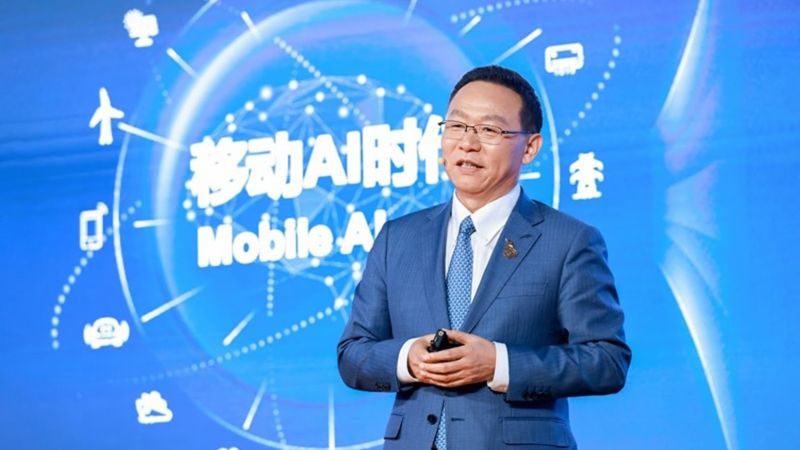At the Mobile Broadband Forum (MBBF) Top Talk Summit held during MWC Shanghai 2025, Huawei led a high-level discussion on the deepening convergence of 5G-Advanced (5G-A) and artificial intelligence, highlighting how this synergy is reshaping industries, infrastructure, and future revenue models. The summit drew over 150 global leaders from telecoms, AI innovation, and academia.
David Wang, Huawei’s Executive Director of the Board, opened the event with a bold vision for mobile AI, identifying three major trends driving transformation:
- AI agents in mobile devices, moving beyond traditional app ecosystems.
- AI-IoT convergence, making intelligent interaction with the physical world more seamless.
- AI-driven networks, improving efficiency in spectrum, energy, and operations.
Wang emphasized the urgent need for industry-wide collaboration to unlock the full potential of 5G-A, calling it the key platform for enabling these advancements. He outlined five strategic areas that industry stakeholders must prioritise:
- High uplink bandwidth
- Robust device ecosystems
- Multimodal intelligent services
- All-scenario IoT integration
- Innovative business models
Real-World Impact Across Industries
Speakers highlighted how 5G-A is evolving from a connectivity platform into a full-fledged experience enabler, offering ultra-low latency and real-time processing to support embodied AI applications in sectors like manufacturing and logistics.
In manufacturing, 5G-A supports precision sensing, decision-making, and execution cycles — a breakthrough in embodied AI applications. Meanwhile, in smart logistics, 5G-A combined with AI optimises route planning and reduces operational costs, reinforcing its role in modernising supply chains.
Technologically, 5G-A must evolve to accommodate billions of AI agents interacting in real time, driving a fundamental reinvention of network architecture, according to Wang. Commercially, the shift toward experience-based monetization is creating new opportunities as consumers show greater willingness to pay for low-latency, high-bandwidth premium services like immersive sports streaming and cloud gaming.
“Experience as a Service”
Closing the summit, Li Peng, Huawei’s Corporate Senior Vice President and President of ICT Sales & Service, echoed the call for AI-driven transformation. “5G-A will deliver much stronger capabilities,” he said. “It will empower carriers to move beyond selling traffic and start monetising experience itself.”
Li noted that AI agents are already playing a role in tailoring services for individual users, homes, industries, and mobile environments. He stressed the need for AI-centric network construction standards that support wide-area, lossless networks with deterministic access, elastic scheduling, and on-demand reliability.
Huawei also showcased its latest 5G-A technologies and solutions at MWC Shanghai 2025, held from June 18–20 at the Shanghai New International Expo Center (SNIEC), drawing attention to its accelerating efforts in the commercial adoption of next-generation mobile networks.
The event underscored Huawei’s leadership in shaping the AI-powered, 5G-Advanced era, setting a roadmap for future telecom innovation rooted in intelligent infrastructure, adaptive business models, and experience-first connectivity.

